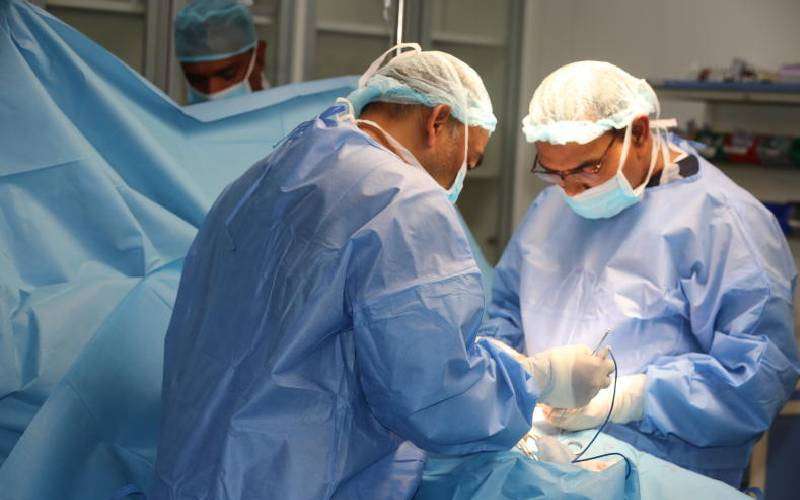
The nose bleed did not appear as an alarming sign of a serious health condition. But why wouldn't it stop? Mercy Njeru, 38, from Chuka, reported to a local hospital that March 2019. She got no relief. At the Meru Level Five, a doctor stopped the bleeding from what was a tiny scratch in her nostril.
But that was not all. The doctor delivered unexpected news to Njeru: "Your liver could be sick. We need to run tests."
A series of tests confirmed her worst fear. "You need a liver transplant," the doctor said. Njeru had no idea her liver was failing. She'd never tasted a drop of alcohol, the most widely believed cause of liver disease.
 The Standard Group Plc is a multi-media organization with investments in media
platforms spanning newspaper print
operations, television, radio broadcasting, digital and online services. The
Standard Group is recognized as a
leading multi-media house in Kenya with a key influence in matters of national
and international interest.
The Standard Group Plc is a multi-media organization with investments in media
platforms spanning newspaper print
operations, television, radio broadcasting, digital and online services. The
Standard Group is recognized as a
leading multi-media house in Kenya with a key influence in matters of national
and international interest.











